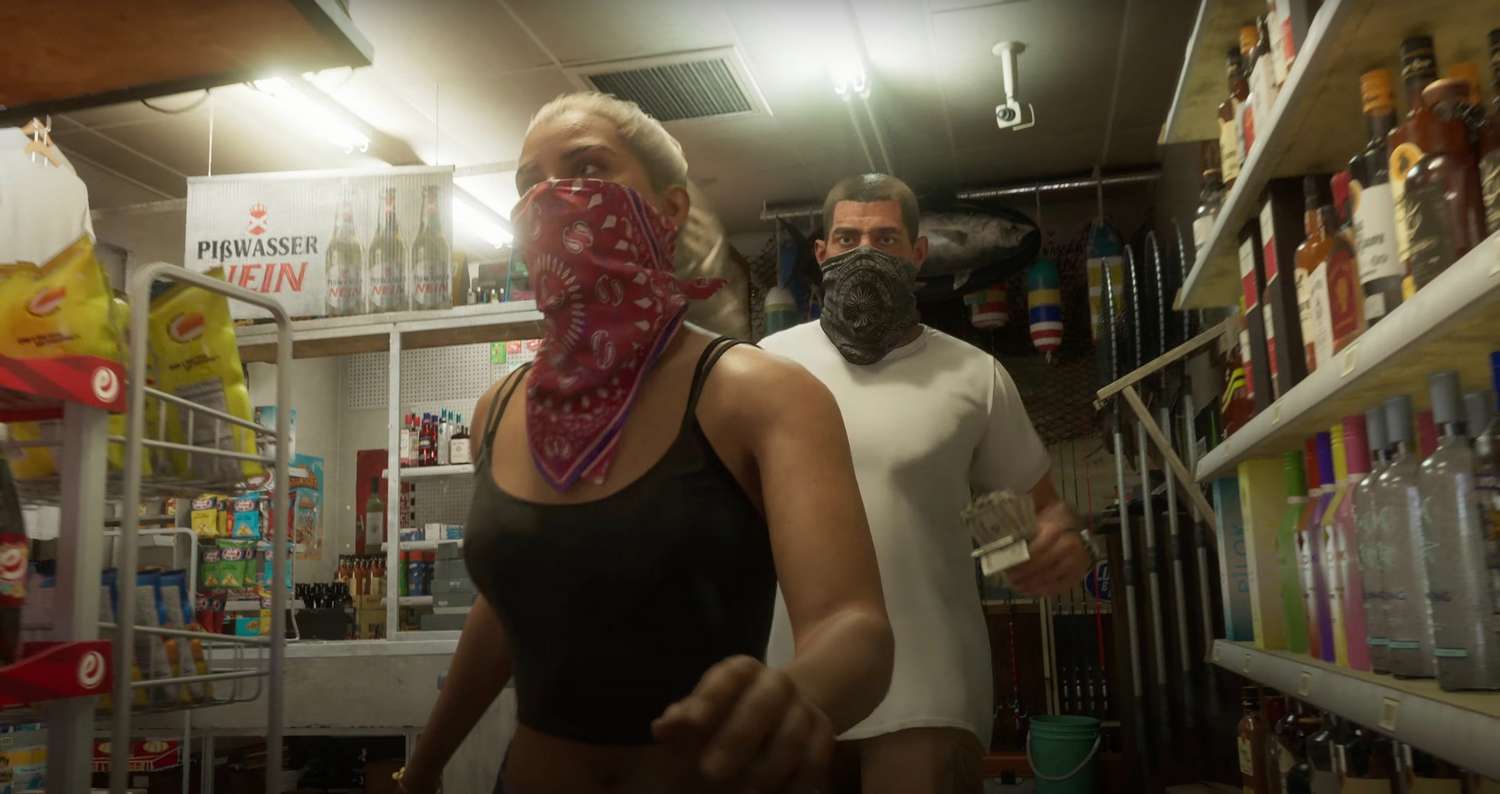Rockstar Games Staff Firings Spark Union Busting Controversy Amid Final Stages of GTA 6 Development
Popular Now
 Rockstar Games, the development powerhouse behind the highly-anticipated Grand Theft Auto VI (GTA 6), is facing serious accusations of “union busting” following a recent round of staff dismissals across its UK and Canadian studios. The unexpected layoffs—affecting between 30 and 40 employees—have ignited a fierce labor dispute at a pivotal moment, as the studio ramps up toward the projected 2026 launch of its next blockbuster title.
Rockstar Games, the development powerhouse behind the highly-anticipated Grand Theft Auto VI (GTA 6), is facing serious accusations of “union busting” following a recent round of staff dismissals across its UK and Canadian studios. The unexpected layoffs—affecting between 30 and 40 employees—have ignited a fierce labor dispute at a pivotal moment, as the studio ramps up toward the projected 2026 launch of its next blockbuster title.
Rockstar Games Layoffs: The Core Dispute and Allegations
The latest news surrounding Rockstar Games has quickly shifted the focus from the excitement of the upcoming GTA 6 release to significant concerns regarding labor practices within the high-stakes world of AAA game development. The Independent Workers’ Union of Great Britain (IWGB) has been unequivocal in its condemnation, alleging that the firings were a calculated move to target and remove employees who were actively involved in or attempting to organize a union.
The IWGB has released strong statements, labeling the actions as one of the most ruthless acts of union busting in the history of the UK games industry. They assert that every employee dismissed was either a union member or part of the organizing efforts. Furthermore, the union highlighted the precarious position of some affected staff, specifically mentioning those whose work visas were sponsored by Rockstar and individuals who relied on workplace healthcare schemes. The human capital impact of such swift corporate decisions remains a major focal point in the ongoing narrative.
In stark contrast to the union’s claims, Take-Two Interactive, the parent company of Rockstar Games, has defended the dismissals, citing “gross misconduct” as the sole reason for the terminations. A Take-Two spokesperson, addressing the media, stated a full support for Rockstar’s current operational strategy and ambitions. This categorical denial of union targeting sets the stage for a potentially complex and legally significant labor struggle that could have lasting ramifications across the global video game news landscape.
The Context: GTA 6 and Pressure on Digital Entertainment Stocks
These internal shake-ups come as Rockstar is reportedly in the final, most intensive stages of GTA 6 development. The title is widely viewed as one of the most crucial launches in the history of the digital entertainment stocks sector, with analysts projecting record-breaking sales and a massive revenue boost for Take-Two Interactive. The intense pressure to deliver a technically flawless and leak-proof product may be a key underlying factor in the recent organizational decisions.
The layoffs are not an isolated event but rather follow a broader pattern of cost-reduction measures implemented by Take-Two in the preceding years. Earlier corporate filings indicated substantial workforce reductions across the publisher’s wider structure, alongside the cancellation of various in-development projects, all geared towards enhancing the company’s margin profile and managing the massive AAA game development cost associated with titles like Grand Theft Auto VI.
The move also follows a highly debated mandate from Rockstar requiring all staff to return to in-office work five days a week, a policy management justified partially on security grounds following high-profile leaks of early GTA 6 footage. Critics and some employees have viewed this mandate and the recent firings as actions that compound the stress on the development team during the crucial final push, potentially impacting the game’s polish and, ultimately, the Grand Theft Auto VI release date.
 Reviewing the Game Development Pipeline: Risks and Rewards
Reviewing the Game Development Pipeline: Risks and Rewards
The development of a modern, open-world title like Grand Theft Auto VI is an extraordinary feat of engineering and creative collaboration, involving thousands of personnel across different time zones. The efficiency of this pipeline is paramount, and any sudden disruption, particularly involving experienced staff, carries inherent risks to the final quality and schedule. This incident prompts a review of how the industry manages its largest projects:
- Security Concerns vs. Staff Morale: Rockstar’s move to mandate a full return to office was explicitly tied to preventing further security breaches. While this addresses a genuine threat to proprietary IP, critics argue the move—coupled with the recent firings—severely damages morale and trust, which can indirectly lead to decreased productivity and higher turnover of key talent.
- The “Crunch” Factor: As GTA 6 development nears completion, the industry often sees periods of “crunch,” involving extended working hours. Labor organizations argue that efforts to unionize are a direct response to demanding working conditions and a desire for greater job security. The firing of union-affiliated employees, regardless of the stated reason, is perceived as a strong deterrent against collective bargaining.
- Financial Impact of Delay: The window for the Grand Theft Auto VI release date is intensely monitored by the financial markets. A delay could negatively impact Digital Entertainment Stocks and shareholder expectations. The desire to maintain a tight schedule might push companies toward operational changes that are viewed as aggressive or dismissive of employee concerns.
The game industry is no stranger to labor disputes, but the visibility of a project like GTA 6, and the specific, high-profile nature of the union-busting allegations, place this incident under an intense public and regulatory spotlight. The ongoing narrative is a critical case study in the tension between maximizing Game Industry Investment returns and fostering sustainable, ethical working environments for AAA game development staff.
The outcome of this labor dispute is an evolving story that will be closely watched by labor advocates and executives alike, potentially setting a crucial Union Busting Legal Precedent for the entire entertainment sector.